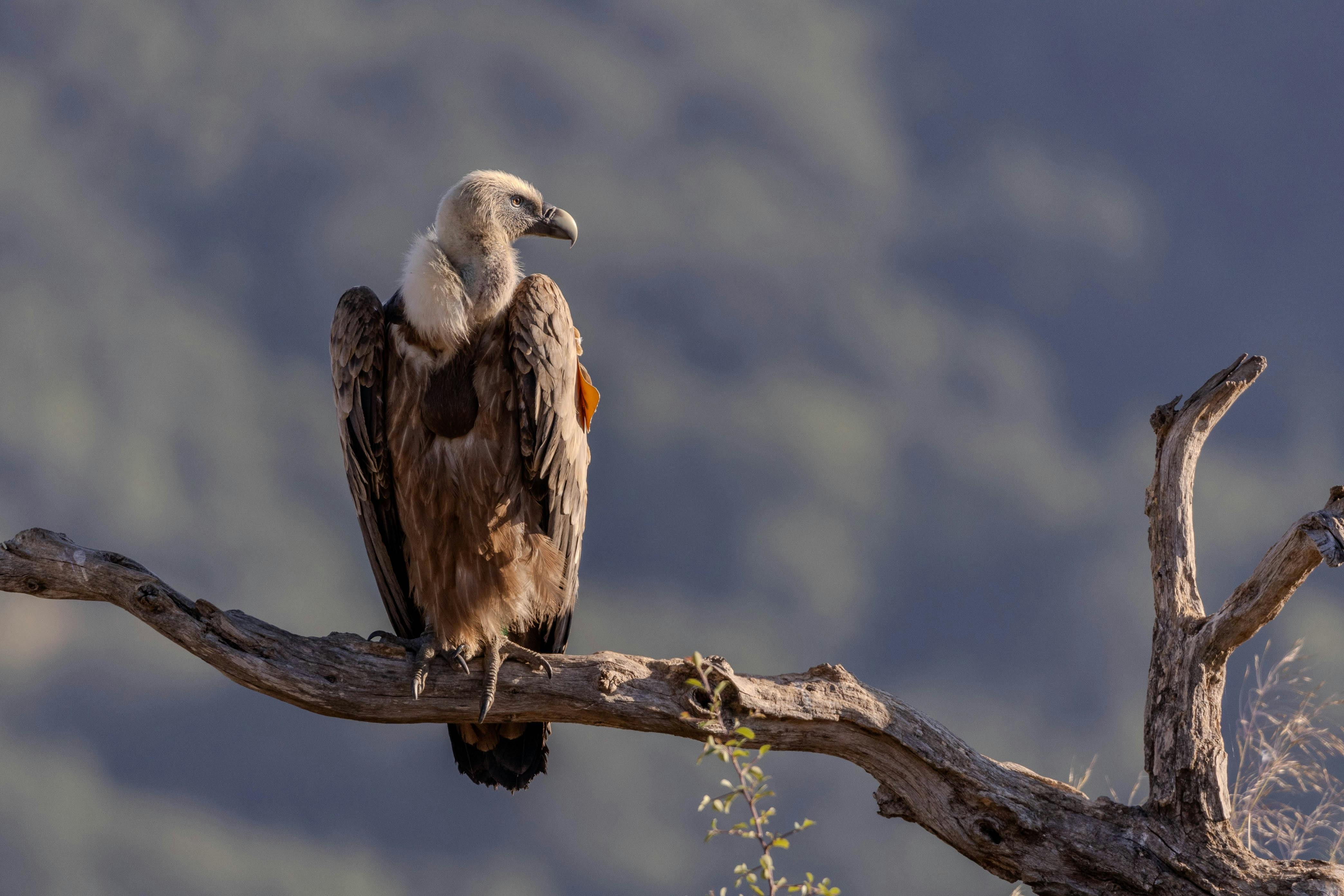Womens In Conservation
Tanzania is home to eight species of vultures, six of which are classified as Critically Endangered (CR) or Endangered (EN) on the IUCN Red List. These species include the White-backed Vulture (Gyps africanus), Rüppell’s Vulture (Gyps rueppelli), Lappet-faced Vulture (Torgos tracheliotos), White-headed Vulture (Trigonoceps occipitalis), Egyptian Vulture (Neophron percnopterus), and Hooded Vulture (Necrosyrtes monachus). These scavengers play a crucial role in maintaining ecological balance by consuming carrion and recycling nutrients back into the ecosystem. However, vulture populations across Africa, including Tanzania, have faced a sharp decline in recent years.

Revealing Knowledge, Attitudes, and Habitat Selection of White-Backed Vultures in Maswa Game Reserve, Tanzania (2023/2024)
The project, implemented with support from Rufford Foundation, is focused on enhancing White-backed Vulture (Gyps africanus) conservation within Maswa Game Reserve (MGR), Tanzania. The project investigates spatial distribution, habitat selection, and population dynamics of White-backed Vultures in MGR, identifying key nesting sites and foraging habitats. Additionally, it explores community knowledge and attitudes regarding vultures, particularly any misconceptions and cultural beliefs that contribute to their decline. This will ensure that conservation strategies are both informed by ecological data and aligned with local community perceptions.
The data collected from this project will guide future conservation initiatives aimed at securing the long-term survival of the White-backed Vulture in Tanzania. WICO aims to expand this approach across other regions with significant vulture populations and to build local capacity for ongoing vulture conservation efforts.
Conserving White-backed Vultures in Maswa Game Reserve
In our ongoing efforts to protect Tanzania's endangered wildlife, WICO is focusing on conserving the White-backed Vulture (Gyps africanus) in Maswa Game Reserve a vital part of the Serengeti ecosystem. This project aims to identify and protect key vulture habitats, especially their breeding and foraging areas. Early findings show that wooded grasslands and riverine woodlands are critical zones where vultures nest and thrive. Understanding these habitat preferences helps us prioritize conservation zones, reduce human-wildlife conflict, and strengthen advocacy for vulture-safe landscapes. The ecological insights from this work directly inform our community outreach and policy engagement, ensuring both people and vultures can coexist. This is part of our long-term vision to secure safe, sustainable habitats for threatened species across Tanzania
The project was implemented in partnership with the Tanzania Wildlife Research Institute (TAWIRI) and Supported by the Grumeti Fund, this project seeks to address the underlying drivers of human-elephant conflict through a community- centred approach. It will begin by conducting assessments in affected villages to better understand the patterns and causes of crop destruction and elephant-related incidents. Building on these insights, the WICO team will engage with local farmers and stakeholders to co-develop practical strategies that reduce conflict and promote coexistence.